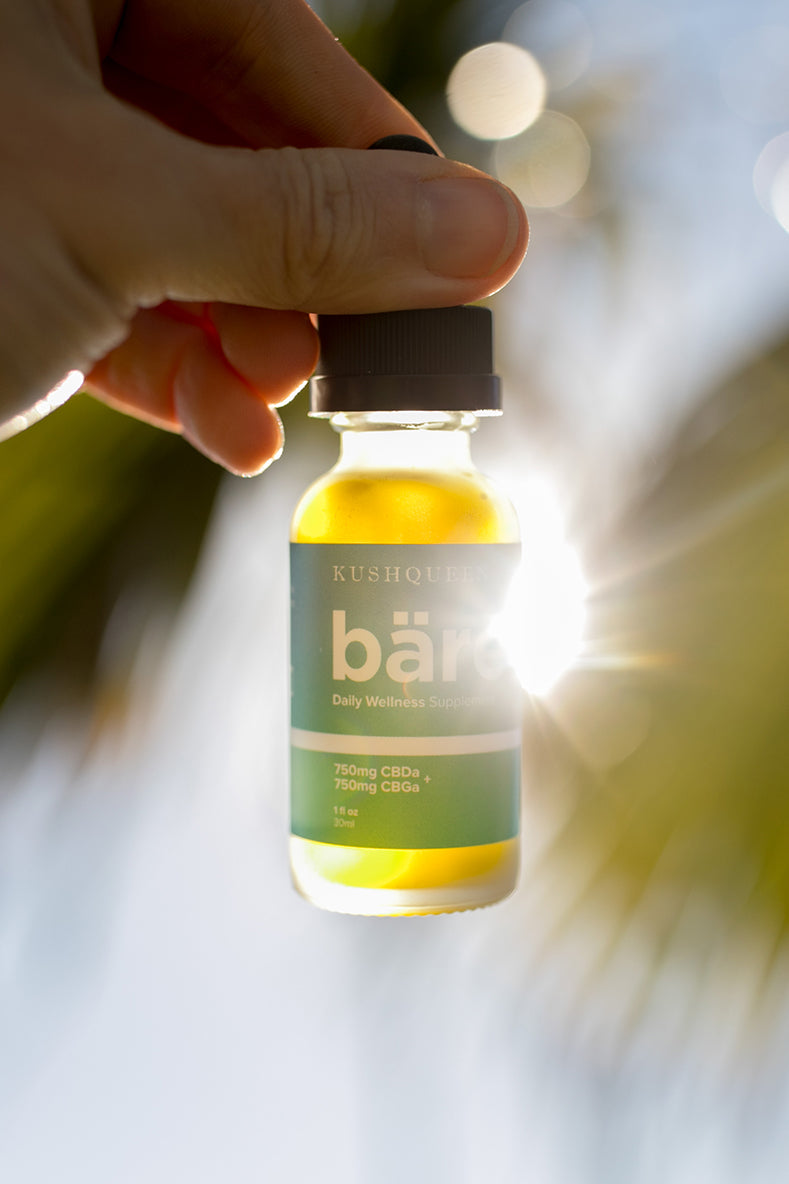Have you heard of 'Citizen Science'?
National Geographic describes citizen science as a project in which volunteers and scientists work together to answer real-world questions. Technically, it is the scientific method in which public participation, in collaboration with scientific research, is used to deduce empirical and factual conclusions. Citizen Science is commonly known as community science, crowd-sourced science, civic science, or volunteer monitoring.
Every day, people all over the globe take part in this technique. Except it's not the kind of participation that requires an Ivy league degree, access to a lab, or funding. More often than not, citizen science focuses on real-life people bringing invaluable data through their daily lives. Ultimately, this type of work creates a larger sample of data, inclusive of a broader range of participants and diverse factors which result in societal growth.
Why Is Citizen Science Important?
Science Connected perfectly explains “citizen science is changing the scientific landscape for both the scientific community and the greater public.” Citizen science impacts the research and science community with the power of more accurate information which ultimately leads to better policy. Truthfully, there is so much power in everyday people getting involved in the scientific process.
Citizen Science can be classified into one of three types:
1. Contributive - projects in which citizens gather data.
2. Collaborative - projects in which citizens may also analyze or interpret this data.
3. Co-created - projects where citizens participate in all levels of a project, from designing the research question to analyzing data.
If you are interested in learning more about citizen science, check out this citizen science white paper from Science Connected.
How Do Cannabinoids Fit In?
With microdosing psychedelics, femtech, and at-home genetic testing, citizen science projects have become more accessible and have resulted in extraordinary engagement leading to exciting breakthroughs. The KQ research and development team is very interested in this community-based scientific process especially considering the lack of exploration of cannabinoids.
As planning for 2022 and beyond continues, we're creating fun ways to introduce citizen science projects to Kush Queen. With the participation from our amazing community, we will be able to make better and more effective cannabinoid-specific products like our Diamond Hands Hemp Cannabinoid Gummies — each gummy carries the trifecta of 10mg CBD, 10mg CBG, and 5mg Delta 8 to chill you out, inspire creativity, and promote daily wellness.
Source: Kush Queen
A Look At Our Favorite Active Citizen Science Projects
There are currently tons of real citizen science projects being conducted on a vast amount of subjects. Here are 3 different projects that are actively collected data via community-led participation.
BugGuide is a community where naturalists can upload and share their observations on a variety of creatures and insects. As BugGuide describes its method, they collect photographs of bugs from the United States and Canada for identification and research and summarize our findings in guide pages for each order, family, genus, and species.
Climate-change-related citizen science is what Project Budburst is all about. Led by the Chicago Botanic Garden, Project Budburst describes its work as a community-focused, data-driven approach to plant conservation. This work brings together researchers, educators, and community scientists to help answer important questions around the effects of climate change on plants and animals—and how we can mitigate those effects.
Source: Green Schools National Network
Alice Ferguson’s Foundations Trash Free Potomac focuses specifically on cleaning up the Potomac. Word on the street is that this team of environmental educators shares the wonder and excitement of the Potomac River watershed with thousands of students, teachers, and citizens each year. For more than 30 years, the Alice Ferguson Foundation has successfully helped organize one of the biggest trash cleanup efforts in the region as well.
Kush Queen Cares About Citizen Science
Picture it - a world where the products that are most effective for your condition or symptoms are laid out clearly with researched-backed data and conveniently located by the touch of a button. We don’t live in that world yet, but the advent of citizen science in cannabinoid research has the potential to change that.
With cannabis or CBD products, we cannot yet formally research our products despite knowing they have medical benefits. Moreover, we cannot make medical claims about our products; not to mention our content is frequently policed by many 3rd parties in our partner network. For example, we constantly have to censor customer reviews because of certain words banned on cannabinoid websites like Crohn’s Disease, Endometriosis, and Chronic Pain.










